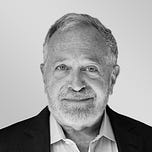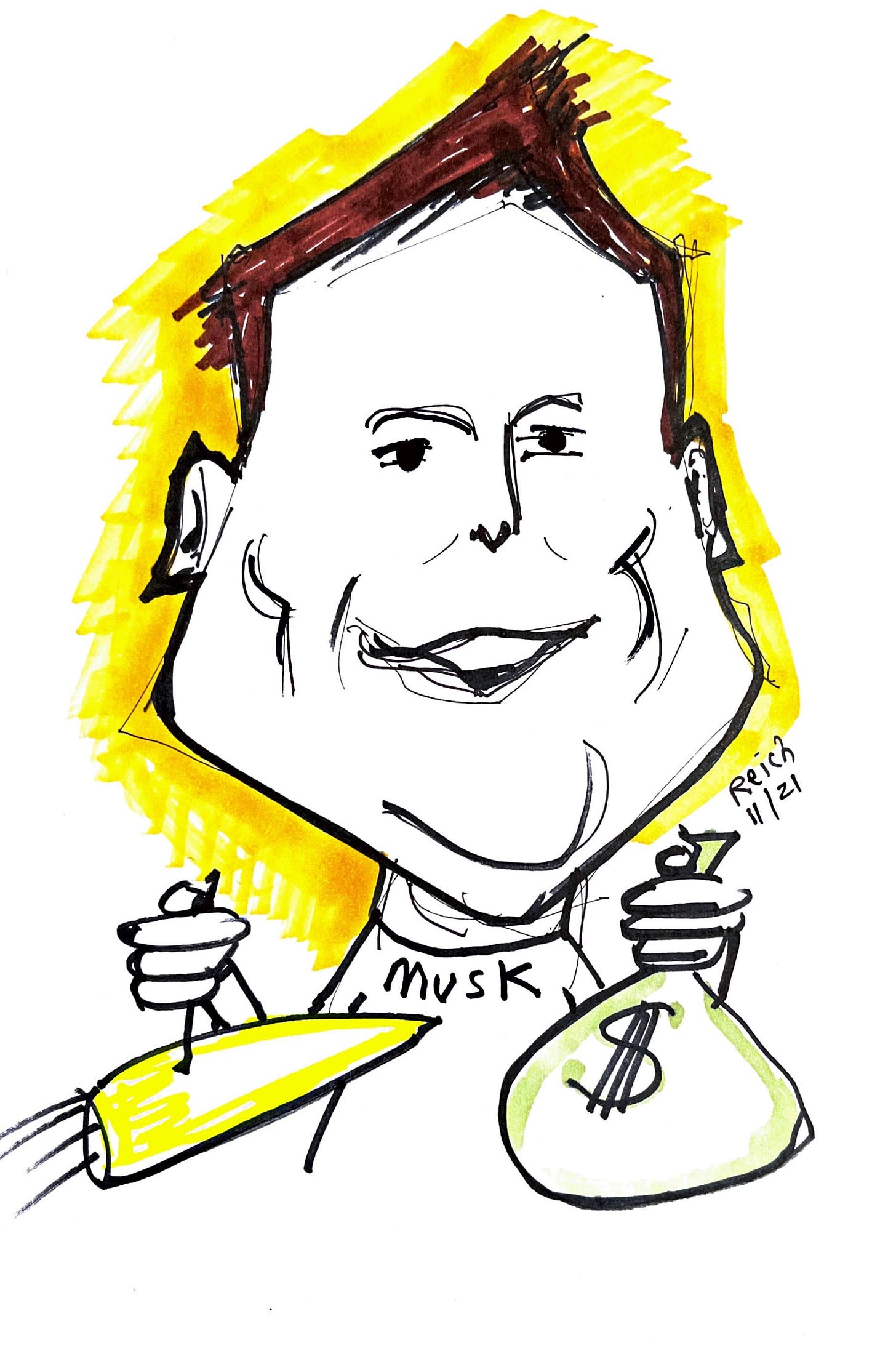Elon Musk just revived his bid for Twitter Inc. at his original offering price of $44 billion — or $54.20 a share — thereby avoiding a courtroom fight. (Musk made the proposal in a letter to Twitter on Monday, according to a filing with the Securities and Exchange Commission.)
So, after six months of brainless brawling bedlam, it looks like Twitter now goes to Elon.
But should this critical social platform go to someone with the attention span of a fruit fly and the impetuousness of Donald Trump, just because he’s finally now willing to pay what he bid for it?
That depends on whether buying Twitter just a simple market transaction, like buying soap. Or has Twitter come to have a set of social roles and purposes that make it more like a public space such as Times Square, or a public utility — where the question of who owns it looms large?
I no longer have any idea what Elon wants to do with Twitter. He has talked loosely about “free speech” but, of course, the First Amendment applies to government — not to a billionaire’s folly. He’s said Donald Trump should be allowed back on, but exactly why? So Trump can have a more efficient means for continuing his attempted coup?
Today he tweeted that buying Twitter is an “accelerant to creating X.” What’s X? It’s “the everything app.” Earth to Elon: Can you be a tad more specific?
Through the entire on-again-off-again melodrama, Elon has behaved like a one-man version of the Three Stooges. After expressing interest in a seat on the board, he rejected it. “I’m not joining the board. This is a waste of time.” Then he said he’d “make an offer to take Twitter private” because “fake users will make the numbers look so terrible” that it should be a private company. Then he made a bid, but didn’t even begin due diligence until a month after announcing it. Then he got cold feet because he feared fake users made the numbers look too good. Then he said he didn’t care about the economics of the deal. And then had “no plan” for how to finance or manage it. And then he tried to back out. And was sued. And now …
He made it up as he went along. As did his inner circle of billionaires.
Larry Ellison, the CEO of Oracle, messaged Elon that he was in for “a billion … or whatever you recommend.” What about … um … business strategy? Analysis? Thought?
Marc Andreessen, a top Silicon Valley venture investor, assured Elon that $250 million is available “with no additional work required.” Blank check?
Jason Calacanis, an angel investor and entrepreneur, told Elon, “You have my sword,” an apparent reference to the movie The Lord of the Rings.
Antonio Gracias, another investor and a former member of the Tesla board of directors, told Elon that free speech is “a principle we need to defend with our lives or we are lost to the darkness.” What?
Mathias Döpfner, CEO of Axel Springer — headquartered in Berlin — urged Elon to buy Twitter and then have Axel Springer run it (“Would be a real contribution to democracy” and “fun.”) We’re now in Never-Never Land, folks.
One texter, identified only as TJ, exhorted Elon to “buy Twitter and delete it” and “please do something to fight woke-ism.”
So my Office Hours question this week: Does the public have a legitimate interest in who buys Twitter? Is this social media platform more like a bar of soap or a public square? And, based on your answer, is there anything that the government — representing the rest of us — can or should do about Elon’s bid?
Please note: Subscribers to this newsletter are keeping it going. Thank you! We also appreciate you sharing this content with others and leaving your thoughts in the comments.














Share this post